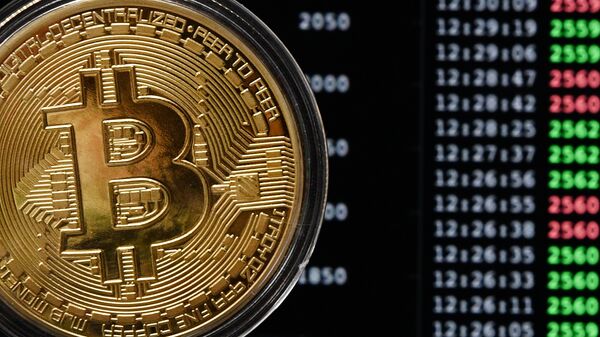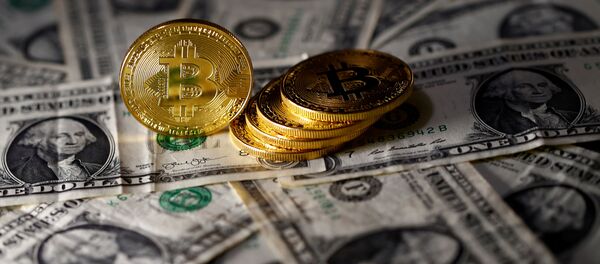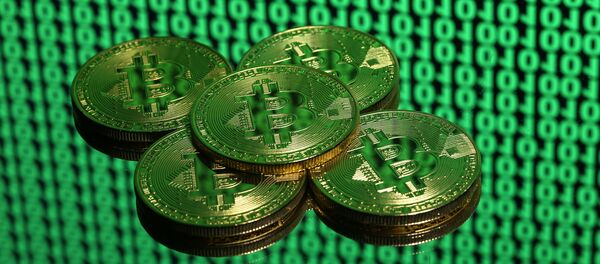"We do not rule out an option that bans trading of [all] cryptocurrencies," said prosecutor Choi Jin-seok, who is involved in cryptocurrency-related crimes at the Ministry of Justice.
"We acknowledge many problems stemming from the trade and are studying how to control them," he added, Nikkei Asian.
Earlier this month, the ministry released a press release stating that it is planning on establishing new measures to control cryptocurrencies and prevent potential crimes by the end of the month.
The ministry's announcement of new measures comes as bitcoin's price has recently surged. According to the US cryptocurrency information site CoinDesk, the average exchange rate of a bitcoin to the US dollar has increased from $1,000 at the beginning of 2017 to more than $17,000 this month. Bitcoin's market capitalization is greater than that of global companies like Visa and Coca-Cola.
On December 10, the bitcoin trading market made its debut on the Chicago Board Options Exchange (CBOE). The Chicago Mercantile Exchange will also start trading its own bitcoin on December 18.
"The launch of futures traded on a regulated exchange is a watershed for bitcoin — testing infrastructure that will make it easier for legions of professional traders and mainstream investors to bet on the cryptocurrency's rise or fall, potentially helping to steer its price," Bloomberg recently reported.
However, some financial ministries have turned against cryptocurrency trading. In September, the People's Bank of China banned all centralized-auction exchanges for cryptocurrency and digital tokens, while in October, the Vietnamese government declared that bitcoin and other cryptocurrencies are not legal methods of payment inside the country. In fact, Vietnam announced that anyone who uses a cryptocurrency as payment will have to pay fines starting from January 1, 2018.
The Indonesian central bank followed Vietnam's lead, declaring in early December that the use of cryptocurrencies is banned inside the country as of 2018.



